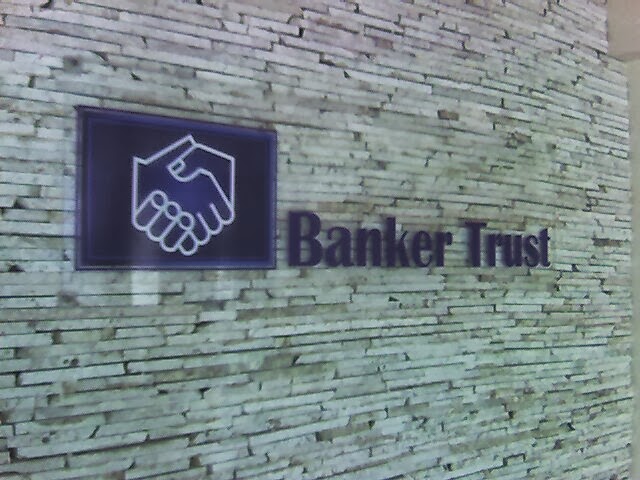Private storage facilities are becoming very popular. They're typically unregulated and don't fall under a host of various government inspection agencies.
Banker Trust located which is located on the Caribbean island of Dominican Republic (which was established in 2002), rents safe deposit boxes. The smallest safe deposit boxes (large enough to store several million dollars worth of gold coins) cost just under $300/year, and you can pre-pay 3-years in advance. We can rent boxes to you anonymously. Boxes are in a highly secure, bank-style vault with round-the-clock in-house security. Small boxes available (always the most popular), though only on the top shelf of the secured room. So why are we sharing this with you? Because it makes sense to store precious metals overseas: 1) Like it or not, gold confiscation is a risk. The higher the gold price becomes, the more it ends up on the radar for creditors, bureaucrats, or anyone who's just plain litigious. Banks and storage facilities in your home country fall within the same jurisdiction as you do, so if you get dragged into court or onto some bureaucrat's list, the risk of asset seizure is very high. 2) For US taxpayers, gold stored overseas in your own vault is currently not a reportable asset, so it's an effective, legitimate means of storing wealth privately. 3) If you move gold overseas to a stronger economy with a gold-oriented culture, it will be much easier for you to sell and exchange for something of value. Think about it-- in the US, what would you get if you sold your gold? US dollars. And only in certain designated places. In the Dominican Republic, you could trade for any number of currencies, goods, services, etc. 4) Transporting gold out of the country is getting harder and more onerous. If you can possibly envision yourself ever leaving your home country if/when things get rough, you're going to want it prepositioned overseas already in a place where you can actually use it, not stuck at home buried in the backyard, or at a bank that's been taken over by the government. None of this is to suggest that the world is coming to an end... but we shouldn't kid ourselves that we still live in the good old days. Internationalization is a smart strategy to reduce your sovereign risks and help you prepare for whatever lies ahead.
Q: If gold coins are purchased from a US dealer with a check but the coins are held in the DR, does that constitute a need to file the reporting form for the movement of US$10,000 across the border?
A: The form you refer to is FINCen Form 105 (formerly Customs Form 4790). Here is an excerpt from the form's instructions:
WHO MUST FILE:
(1) Each person who physically transports, mails, or ships, or causes to be physically transported, mailed, or shipped currency or other monetary instruments in an aggregate amount exceeding [US]$10,000 at one time from the United States to any place outside the United States or into the United States from any place outside the United States, [emphasis mine]
What qualifies as "currency" and as a "monetary instrument"? Again, this from the instructions:
Currency: The coin and paper money of the United States or any other country that is (1) designated as legal tender and that (2) circulates and (3) is customarily accepted as a medium of exchange in the country of issuance.
Monetary Instruments- (1) Coin or currency of the United States or of any other country, (2) traveler's checks in any form, (3) negotiable instruments (including checks, promissory notes, and money orders) in bearer form, endorsed without restriction, made out to a fictitious payee, or otherwise in such form that title thereto passes upon delivery, (4) incomplete instruments (including checks, promissory notes, and money orders) that are signed but on which the name of the payee has been omitted, and (5) securities or stock in bearer form or otherwise in such form that title thereto passes upon delivery. Monetary instruments do not include (i) checks or money orders made payable to the order of a named person which have not been endorsed or which bear restrictive endorsements, (ii) warehouse receipts, or (iii) bills of lading. [emphasis mine]
By this definition, as long as a check is made payable to a person or company, then it is not a monetary instrument. And gold coins do not meet the definition of currency or a monetary instrument. Neither would trigger a reporting requirement.
Final thought - Banker Trust also sells gold at approximately spot + $195/ounce. It can be bought and stored without you ever leaving home. For those who want to remain liquid, the firm can arrange a loan against the store gold.
Contact: BankerTrust@gmail.com
